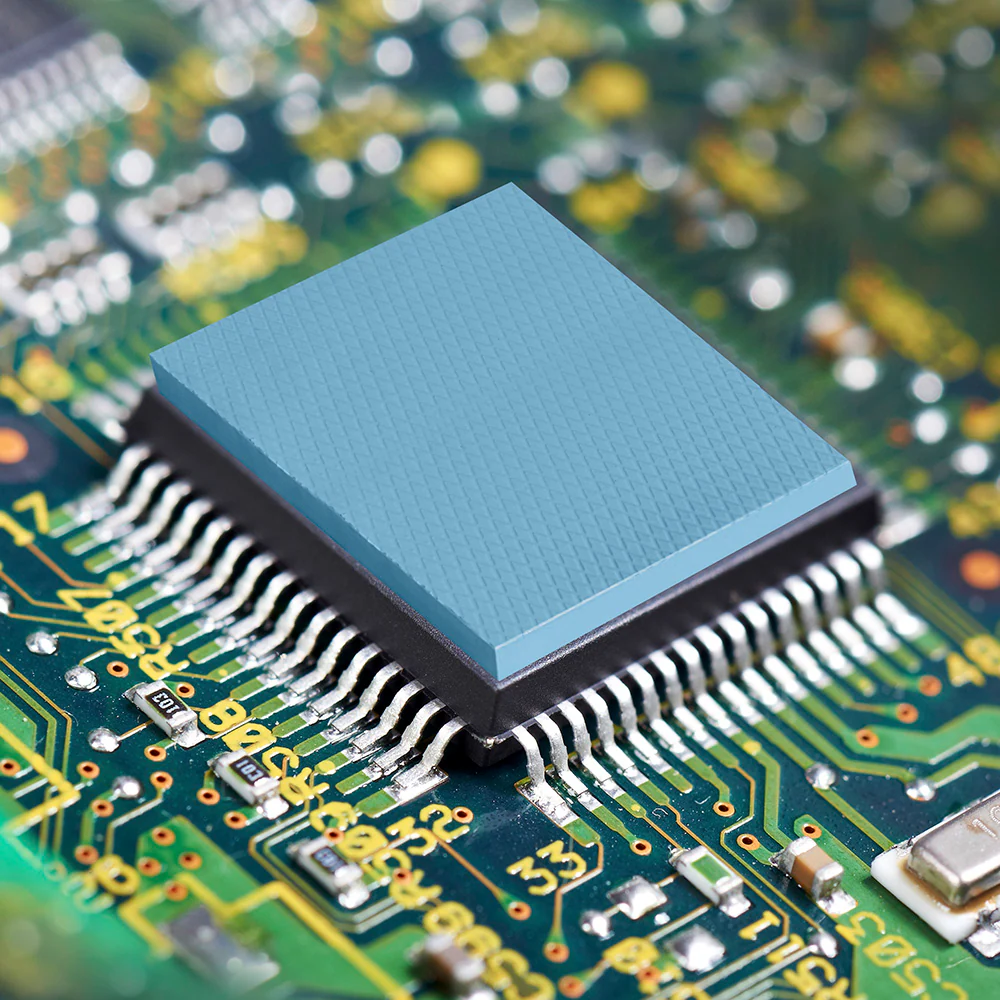As the electric vehicle (EV) industry continues to grow, the demand for efficient and reliable charging systems has never been greater. Selecting the right components for these systems is crucial for ensuring both safety and performance. Two popular options on the market are the Dunbar EV2500 and Raychem EVSW. While both are well-regarded, the Dunbar EV2500 stands out as the superior choice. Here’s why:
Enhanced Durability
One of the key factors in selecting components for EV charging systems is durability, especially considering the harsh environments these systems often operate in. The Dunbar EV2500 is engineered with advanced materials that offer higher resistance to wear and tear, making it more durable over time. It is particularly resistant to UV rays, chemicals, and extreme temperatures, ensuring a longer lifespan even in the most demanding conditions.
On the other hand, while Raychem EVSW is robust, it doesn’t match the level of resilience offered by Dunbar EV2500, particularly in extreme conditions where prolonged exposure can lead to material degradation.
Superior Thermal Management
Thermal management is a critical aspect of EV charging systems, especially as charging currents increase. The Dunbar EV2500 excels in this area, featuring a design that efficiently dissipates heat, thereby minimizing the risk of overheating. This not only protects the system’s components but also enhances the safety of the entire EV charging infrastructure.
Raychem EVSW, while effective, does not offer the same level of thermal management, which can lead to potential overheating issues during prolonged use or in high-temperature environments.
Ease of Installation and Maintenance
Another significant advantage of the Dunbar EV2500 is its user-friendly design, which simplifies both installation and maintenance. The product is designed with features that reduce installation time, making it more convenient for technicians. Additionally, the Dunbar EV2500’s modular design allows for easier maintenance and upgrades, ensuring that the system remains up-to-date with minimal downtime.
Raychem EVSW, while straightforward to install, doesn’t offer the same level of modularity or ease of maintenance, which can be a drawback in situations where quick and efficient servicing is required.
Cost-Effectiveness
While the upfront cost is always a consideration, the long-term value of the Dunbar EV2500 makes it a more cost-effective option. Its enhanced durability, superior thermal management, and ease of maintenance contribute to lower overall operational costs. The longer lifespan of the Dunbar EV2500 also means fewer replacements, which can lead to significant savings over time.
Raychem EVSW might have a lower initial cost, but the potential for higher maintenance and replacement costs can outweigh the savings in the long run.
Environmental Impact
In today’s eco-conscious market, the environmental impact of products is a crucial consideration. The Dunbar EV2500 is designed with sustainability in mind, utilizing eco-friendly materials and manufacturing processes. This not only reduces the environmental footprint but also aligns with the broader goals of the EV industry in promoting greener technologies.
Raychem EVSW, while not environmentally detrimental, does not emphasize sustainability to the same extent as the Dunbar EV2500.
While both the Dunbar EV2500 and Raychem EVSW are reliable choices for EV charging systems, the Dunbar EV2500 offers clear advantages in terms of durability, thermal management, ease of installation and maintenance, cost-effectiveness, and environmental sustainability. For those looking to future-proof their EV charging infrastructure, the Dunbar EV2500 is the superior choice, delivering long-term value and performance.










